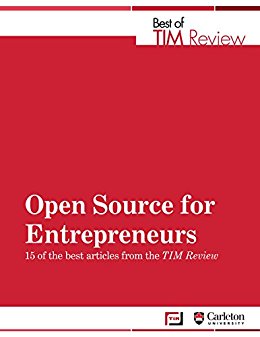Product desciption
Open Source For Entrepreneurs Best Of Tim Review Michael Monty Widenius by Michael "monty" Widenius, Linus Nyman, Ralf Wahlsten 9780770905873, 0770905870 instant download after payment.
The launch of this book commemorates the 20th anniversary of the first internal release of MySQL in 1995. MySQL was one of the first open source programs to show the world the potential of developing a business around open source, and was a pioneer of the dual licensing business model. The book has been edited by Michael “Monty” Widenius, the founder of MySQL, MariaDB, MariaDB Foundation, and Open Ocean Capital, and Linus Nyman, entrepreneur and post-doctoral researcher at the Hanken School of Economics. The foreword was provided by Ralf Wahlsten, co-Founder and chairman of the board, MariaDB, and a partner at Open Ocean Capital.
Over the course of little more than a decade, open source has grown from a niche concept to a standard component in both software as well as services. Open source is an integral part of cloud computing, hosting, big data, the Internet of Things, and many more products and services that have become a part of everyday digital life. In addition to the increasing use of open source software, and the opportunities for entrepreneurship that such growth gives rise to, the technological changes and innovations that utilize open source software have also brought with them new opportunities for open source entrepreneurship.
Though open source software as a concept has become well known, managing a successful open source project is nonetheless complex. More complex still is the puzzle of knowledge and insights required to create a company that drives and develops an open source project in a way that generates enough money so that one can successfully compete with commercial closed source software. To truly understand open source software as well as the business that surrounds it, one must understand the key components of an open source venture, including issues such as licensing, business models, customer value propositions, and the different contributor communities of a project as well as their motivations.
The number of topics to grasp and challenges to overcome may seem daunting. However, that is where the usefulness and purpose of this book comes in. This volume of the Best of TIM Review book series comprises 15 articles selected from the entire catalogue of TIM Review articles on open source business. Indeed, it even reaches back to the earlier days of the journal, when it was known as the Open Source Business Resource from its first issue in July 2007 until it became the Technology Innovation Management Review in October 2011. The book gathers the knowledge of 20 contributors, including both veteran practitioners as well as academics. The articles are divided into three parts: the business of open source software, communities, and lessons from entrepreneurship.


